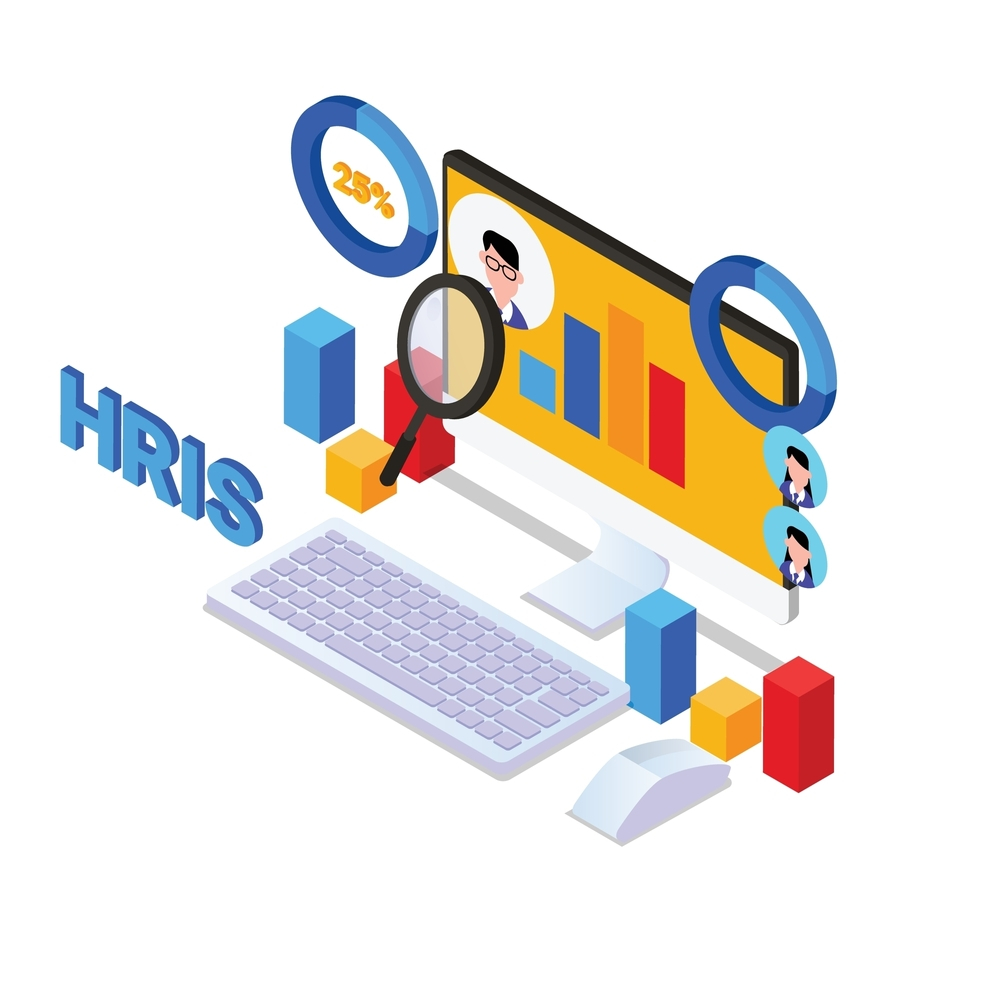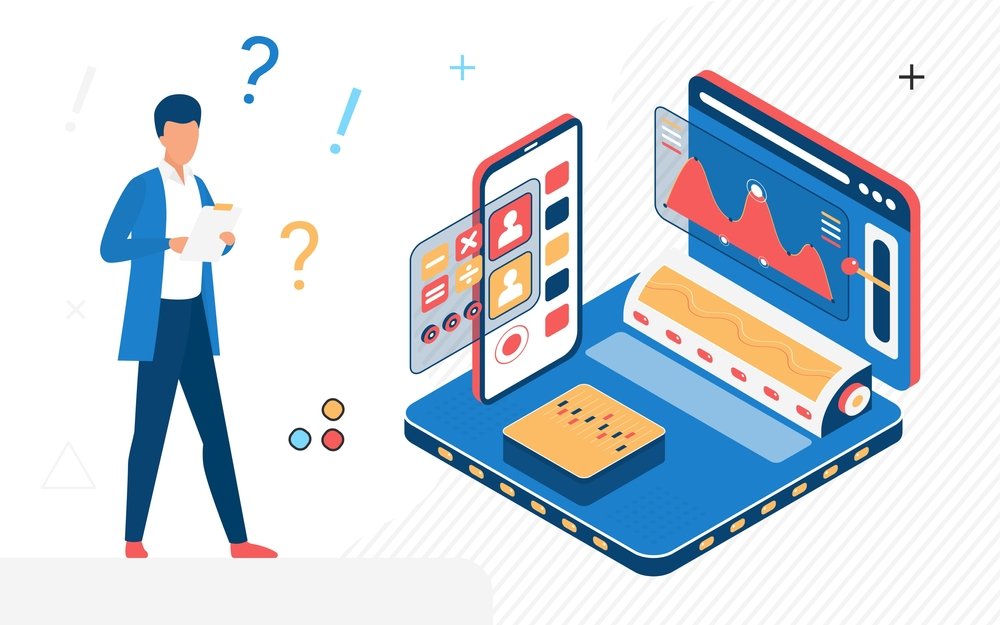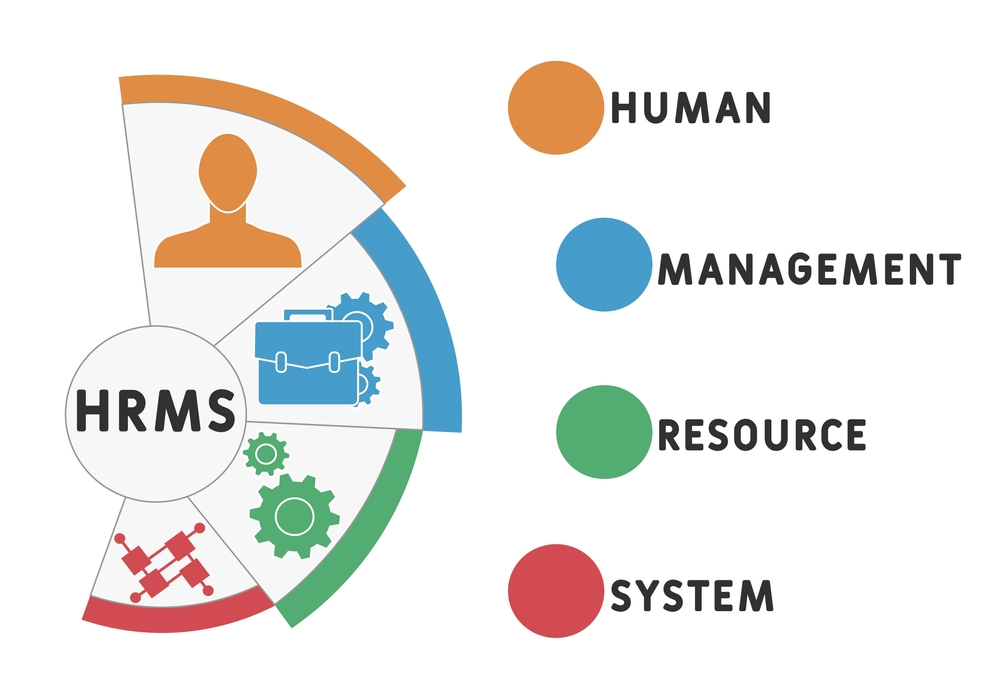Human Resource Management Information Systems (HRIS)
Leading HRIS software in Chennai
What is HRIS in human resource management?
HR information systems (HRIS) help businesses meet their HR needs and improve employee and managerial productivity.
HRIS is software designed to help businesses meet core human resources needs and improve the productivity of both managers and employees. Automation and synchronized data may reduce costly redundancies and provide a trusted source of decision-making, respectively—allowing for this scenario. However, the same data can also be used to justify decisions that are biased against certain groups of people. For example, if a company is using HRIS software to track employee performance and promotions based on metrics such as years of service or average number of hours worked per week, then the system could be programmed to promote only those whose characteristics fit the majority profile.

HRIS stands for what?
HRIS (human resources information system) is related to the human resources management systems (HRMS, or personnel database) and human capital management.
What does an HRIS do?
HRIS helps companies use technology to streamline their HR and people processes, thus making the entire organization more efficient. This allows them to keep pace with workplace trends more easily. HRIS is different from an HRMS (Human Resource Management System). While the latter is only one part of a larger HRIS, it’s also more narrowly focused on management functions.

What are the benefits of HRIS?
Employers who implement an HRIS system report improved productivity, but they also note the following benefits:
Decide based on data
Some systems have predictive analytics, including forecasting and modeling capabilities, which can help HR professionals make better decisions.
Experiences for users should be enhanced
HRIS that are intuitive and convenient will make it easier for employees to complete job applications, enroll in benefits, etc.
Labor-intensive tasks can be reduced
Common features of HRIS (human resource information systems) – such as automation, analytics and artificial intelligence – may help reduce the labor costs associated with payroll and timekeeping.
Adapt to the growth of the business
Cloud-based technology is often able to scale up on demand, handling increasing numbers of employees, transactions and data volume as well as expansions into new locations.
Maintain compliance
Some HRIS providers offer monitoring capabilities to stay abreast of changing regulations and data security measures in order to help prevent incidents.

Why is HRIS software so important?
HRIS software offers personalized HR tools and scalable solutions that can help businesses tackle challenges as they grow. Some of the more common HRIS features include:
Recruitment and onboarding
An HRIS gives recruiters access to candidate data, so they can scan resumes, perform preliminary screenings and run background checks.
Payroll
In many cases, an HRIS will automatically deduct taxes and benefits from employee wages, which saves time and helps reduce the risk of error. Some systems also offer flexible pay options.
Time, attendance and scheduling
The time tracking function of an HRIS often supports many types of workers and can communicate directly with payroll to help improve accuracy.
Benefits administration
The HRIS is frequently used to manage employer-offered benefits such as health insurance and retirement savings plans, but it can also be used for voluntary benefits like dental coverage or life insurance.
Compliance
Some HRIS have the ability to stay current with changes in tax laws and employment regulations as they occur.
Reports and analytics
A complete set of HR metrics is sometimes available with an HRIS. More sophisticated providers provide data on demand, and also push notifications or take other actions based on predefined criteria.
Integrations
A good HRIS may integrate payroll, benefits, and time tracking into a single database. Some systems also allow users to create custom integrations with other enterprise software.
How do I choose an HRIS?
The choice of an HRIS is critical to the success or failure of many business goals. Although buying products is not always a linear process, there are some general steps that most people follow when making purchases:
✅Analyze and identify problems with the current human resource management processes
✅Explore how an HRIS can provide solutions to such obstacles.
✅Use this checklist to help you create an HRIS requirements document
✅Evaluate HRIS vendors against the checklist.
How do HRIS systems work?
A Human Resource Information System (HRIS) integrates various HR functions into a unified system that shares data and outputs reports across the entire platform. An employee’s information is entered into a centralized system during on boarding and then distributed to payroll, benefits and time-keeping departments. An employee’s performance may be evaluated, leading to a raise or bonus at any point in the employment relationship.
Why is an HRIS important?
HRIS improves employee relations, increases productivity and facilitates regulatory compliance by connecting people with workflows.